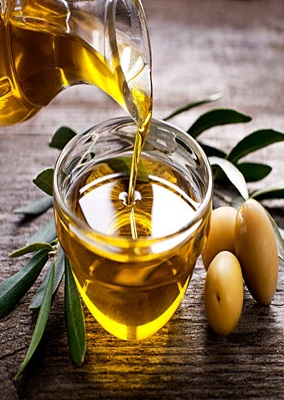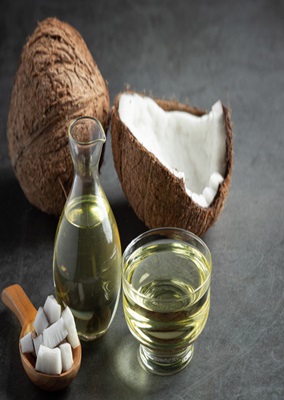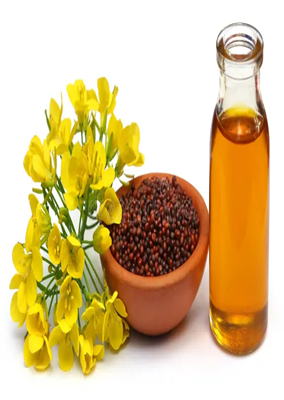
Palm Oil
RBD Palm oil of grade CP-6, CP-8, CP-10, CP-12 is a widely used vegetable oil derived from the fruit of oil palm trees, known for its versatility in cooking and food production. It has a high smoke point, making it ideal for frying and sautéing, and contributes a rich texture and flavor to various dishes. Palm oil is also a key ingredient in many processed foods, baked goods, and margarines due to its stability and ability to extend shelf life. Nutritionally, it contains a balance of saturated and unsaturated fats, along with vitamins A and E. However, its production has raised environmental concerns, particularly regarding deforestation and habitat destruction. Also palm oil derivatives like biscuit/confessionary shortning.




